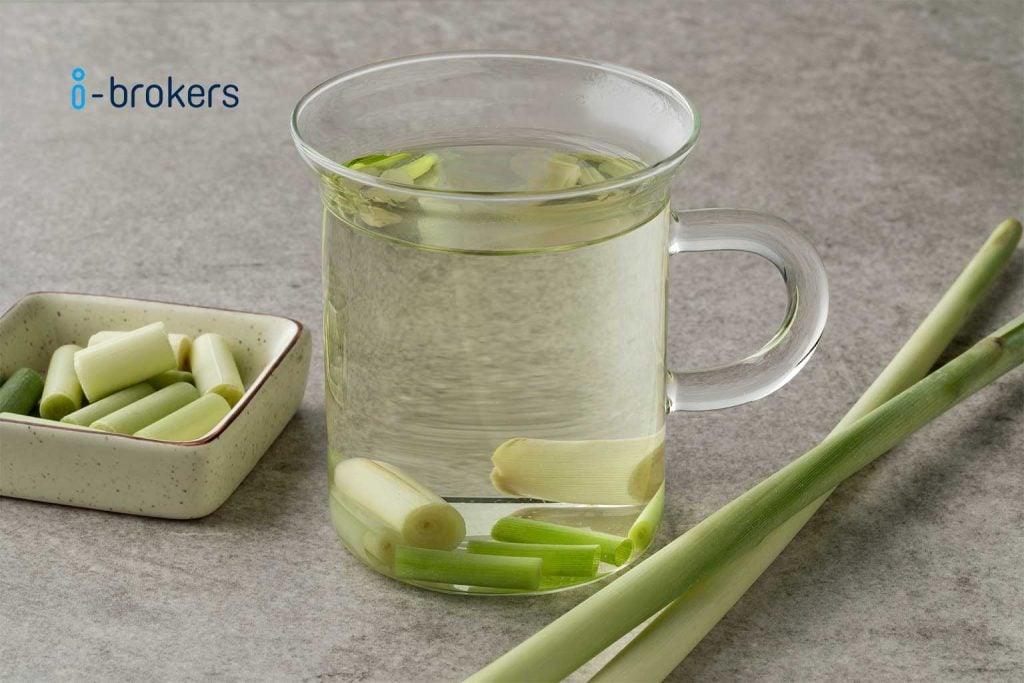Lemongrass, a herb that is native to Sri Lanka and South India, now grows in many countries around the world. Its stalks are a common ingredient in Asian cooking, but one of its most popular uses is in brewing lemongrass tea.
Lemongrass tea has been used for centuries in Asia to treat digestive problems, boost immunity, and improve overall wellness. It also contains anti-inflammatory properties that can reduce pain and inflammation.
In this blog post, we are going to share with you some of the health benefits of lemongrass tea and how to make it by yourself at home.
1. Alleviating pain
According to one study, lemongrass may be able to block pain. This means that drinking lemongrass tea could potentially help to prevent a person from sensing pain.
The citral in lemongrass essential oil may help ease pain as it relieves inflammation. According to a 2017 study on people with rheumatoid arthritis, topical lemongrass oil decreased their arthritis pain. On average, pain levels were gradually reduced from 80 to 50 percent within 30 days.
2. Increasing red blood cell count
The results of a 2015 study suggest that drinking lemongrass tea infusions daily for 30 days can increase hemoglobin concentration, packed cell volume, and red blood cell count in the body.
The researchers took blood tests from 105 human subjects at the start, and then at 10 and 30 days into the study. They concluded that drinking lemongrass tea boosts the formation of red blood cells.
While they did not identify precisely how lemongrass does this, they did suggest that the tea’s antioxidant properties could play a role.
3. Decreasing cholesterol
According to a written piece in the Journal of Advanced Pharmaceutical Technology & Research, consuming lemongrass extracts appears to lower cholesterol in animals.
The study notes that the reaction is dose-dependent. This means that larger quantities of lemongrass might lower cholesterol further.
4. Preventing infection
According to the Memorial Sloan Kettering Cancer Center, study results suggest that lemongrass may have some infection-preventing capabilities.
For example, the herb seems to reduce the incidence of thrush, a fungal infection that commonly affects people with weakened immune systems, such as those with HIV.
5. Mitigating anxiety
Many people find sipping hot tea to be relaxing, but lemongrass tea may offer further anxiety-reducing properties.
According to the Memorial Sloan Kettering Cancer Center, smelling lemongrass may help people with anxiety. Although some people already inhale lemongrass essential oils to relieve stress and anxiety, researchers still need more evidence to be able to confirm this benefit.
How to brew lemongrass tea at home
Making lemongrass tea at home is relatively straightforward, requiring only one ingredient: a few lemongrass stalks from a grocery store. Once you’re ready, follow the steps below.
1. Cut the stalks into 1- to 2-inch pieces
2. Boil a cup of water
3. Pour the boiling water over the lemongrass stalks to steep
4. Leave the stalks in the water for at least 5 minutes
5. Strain the liquid from the stalks and pour into a teacup
Adding ice cubes will create a cold lemongrass tea.
The tea should have a fresh, citrusy taste. A person should start with one cup of lemongrass tea per day, then add more to their diet over the next days if they wish to. Alternatively, most grocery and health food stores sell lemongrass tea.
Takeaway
Lemongrass tea is a safe, healthy, and delicious herbal drink. It’s easy to grow lemongrass, and lemongrass tea is available in most natural food stores.
Animal and laboratory research has shown that lemongrass has anti-inflammatory, antimicrobial, and anticancer properties. The herb may also help protect your stomach lining and improve your lipid profile.
If you want to use lemongrass tea rather than your prescribed medications to treat any of your medical conditions, it is best to get approval from your doctor first.


